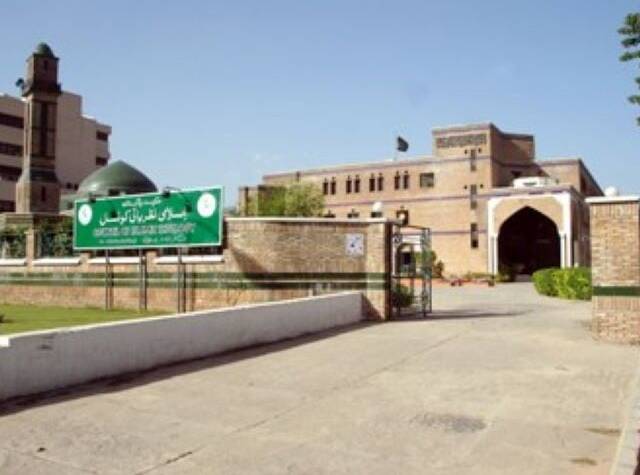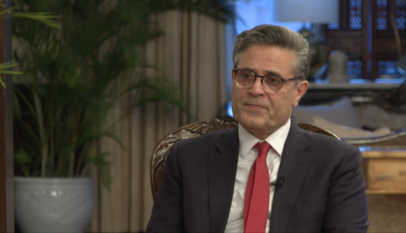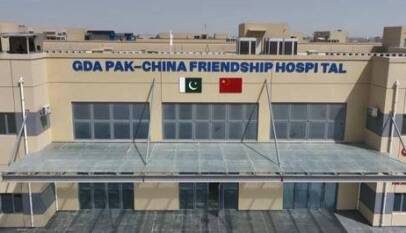Delegation Praises China’s Support for Religious Minorities
An eleven-member delegation of religious scholars from Pakistan, led by Dr. Muhammad Raghib Hussain Naeemi, recently returned from a 10-day visit to China, where they engaged in discussions with the Chinese Ministry of Foreign Affairs and visited key religious sites in cities like Beijing, Xi’an, and Kashgar. Dr. Naeemi praised the Chinese government’s supportive policies towards religious minorities, noting improved economic and religious freedoms for the Muslim community in Xinjiang. The delegation’s interactions emphasized the importance of collaboration between Pakistan and China in combating terrorism, marking the visit as a significant step in strengthening ties between the Muslim communities of both nations.
ISLAMABAD:
An eleven-member delegation of religious scholars, led by Council of Islamic Ideology (CII) Chairman Dr. Muhammad Raghib Hussain Naeemi, has returned from a comprehensive 10-day visit to China.
The delegation, invited by the Chinese Ministry of Foreign Affairs, visited key cities including Beijing, Xi’an, Xinjiang, Kashgar, and Urumqi.
During the visit, the delegation had been engaged in discussions with representatives of Chinese Ministry of Foreign Affairs, mosque committees in various cities, and senior members of the Communist Party of China. The scholars were given tours of prominent religious and cultural sites, including historic mosque in Xi’an, the Grand Mosque of Kashgar, the Mausoleum of Sufi Saint Khwaja Afaq Naqshbandi, and the Xinjiang Muslim Institute.
The delegation also had meetings with notable Muslim leaders, including Sheikh Abdul Raqeeb and Sheikh Ibrahim, among others. These interactions allowed for fruitful discussions on religious and cultural matters.
Dr Raghib Naeemi expressed his appreciation for the Chinese government’s positive policies towards religious minorities.
He noted that the Muslim community in Xinjiang, China’s westernmost province, is now actively participating in both economic and religious freedoms due to the supportive initiatives by the Chinese government. “The Chinese authorities are focusing on the restoration of religious sites and the facilitation of traditional practices,” he said.
Dr Naeemi highlighted the economic transformation in Xinjiang, particularly in Kashgar, as a result of multi-billion yuan development projects initiated by the Chinese government.
He mentioned that the ancient city of Kashgar, home to approximately 170,000 Muslims, has been opened to tourists after extensive renovations, significantly improving local economic conditions and contributing to a decline in extremism. “The steps taken since 2016 have effectively eradicated terrorism in the region,” he added.
He further remarked on the similarities between Pakistan and China in their efforts against terrorism, emphasizing the importance of both nations learning from each other’s experiences in the ‘War on Terror’.
The delegation also paid their respects at the shrine of Khwaja Afaq Naqshbandi in Kashgar.
The delegation included Barrister Zafarullah Khan, Maulana Hamid-ul-Haq Haqqani, Maulana Muhammad Idrees, Maulana Saeed Yousuf, Allama Allah Bakhsh Kalyar, Maulana Muhammad Tahir, and Maulana Abdul Waheed, among others.
This visit is regarded as highly significant for Pakistan-China relations, particularly for fostering stronger ties between the two countries’ Muslim communities, and further strengthening the longstanding friendship between Pakistan and China.
Gwadar Pak-China Friendship Hospital pioneers laser-assisted bladder stone surgery
China-aided Gwadar Pak-China Friendship Hospital has debuted in conducting an operation to…









